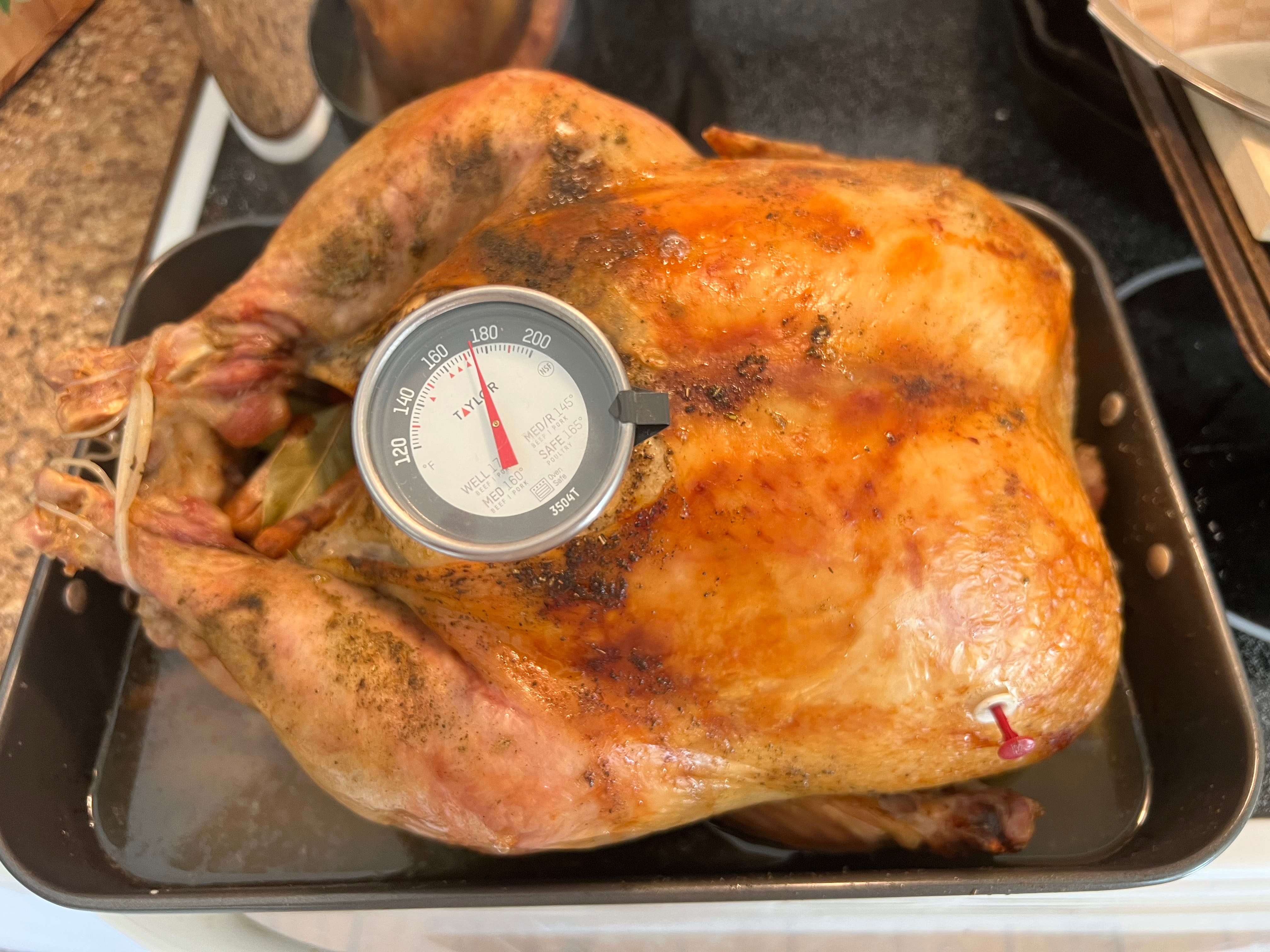If you've tested positive for COVID and have completed your isolation but are still testing positive, you're likely not alone. How long could your results stay positive? Turns out, the ultra-contagious BA.5 omicron subvariant could be making people stay positive longer, according to Chicago's top doctor.
"I wouldn't say the incubation period is shorter... it's been getting shorter compared to what the original was, but we are seeing people often have just upper respiratory symptoms or having a cold, they're having sore throat sometimes, they're having fever or not seeing a lot of that severe illness - especially in people who are up to date with vaccine because the secondary part of your immune system kicks in and helps - but we're seeing people...they can stay positive for a little longer," Chicago Department of Public Health Commissioner Dr. Allison Arwady said during a Facebook Live Tuesday.
But if you continue to test positive after the 10-day period, should you remain in isolation? The Centers for Disease Control and Prevention hasn't provided specific guidance for what to do in this situation, but experts widely assert that as long as your symptoms are gone, you likely don't need to isolate any longer.
Dr. Monica Gandhi, an infectious disease specialist at the University of California, San Francisco, previously told CNBC she’d “feel really comfortable” with a symptom-free person emerging after five days of isolation, even if they’re still testing positive for COVID-19.
“Follow CDC guidance and wear a mask for the following five days,” she said.
The incubation period for COVID is said to be two to 14 days, with an individual considered infectious starting two days before they develop symptoms or two days before the date of their positive test, if they do not have symptoms.
Under the current CDC guidelines, people who test positive for COVID-19 are advised to isolate for five days. After that, if their symptoms have improved, they can leave home, but must partake in strict mask use for an additional five days.
Local
The CDC previously said people can possibly test positive for up to three months after contracting an infection.
Some doctors assert the safest course of action is to remain in isolation until you test negative. However, Dr. Stephen Kissler, a postdoctoral fellow at the Harvard T.H. Chan School of Public Health, said it's not unreasonable to gradually leave isolation — even if you’re still testing positive using a rapid test.
Feeling out of the loop? We'll catch you up on the Chicago news you need to know. Sign up for the weekly Chicago Catch-Up newsletter.
That's especially the case if you're fully vaccinated, symptoms have resolved and you continue to practice masking.
“You might be able to begin slowly sort of reintegrating while still being mindful of your contact," Kissler said.
If you're concerned about how long you've been testing positive, check in with a health care provider for their guidance on your situation, the doctor said.
If you continue to test positive, is it possible you're still infectious?
A Boston University study revealed that just 17% of people were likely still contagious six days after their first positive tests.
If you're still testing positive outside the 10-day window, it may also have to do with what type of test you're using.
Arwady previously said PCR tests are more likely to continue picking up the virus following infection.
"Those PCR tests are very sensitive," she explained. "They keep picking up dead virus in your nose for sometimes for weeks, but you can't grow that virus in the lab. You can't spread it but it can be positive."
The CDC notes that tests "are best used early in the course of illness to diagnose COVID-19 and are not authorized by the U.S. Food and Drug Administration to evaluate duration of infectiousness."
If vaccinated and boosted, Arwady says testing likely isn't necessary several days following exposure as you likely aren't contagious.
"If you had an exposure, you're vaccinated and boosted, I don't think that there is any need to be testing, frankly, past about seven days," she said. "If you want to be extra careful, you can do it at 10, but just with what we're seeing, I would consider you really in the clear. If you're not vaccinated or boosted, I certainly have a much higher concern that you could get infected. Definitely, ideally, you'd be seeking out that test at five and I would do it again, you know, at the seven, potentially at that 10."



